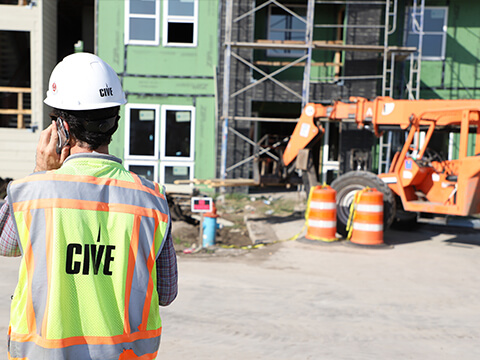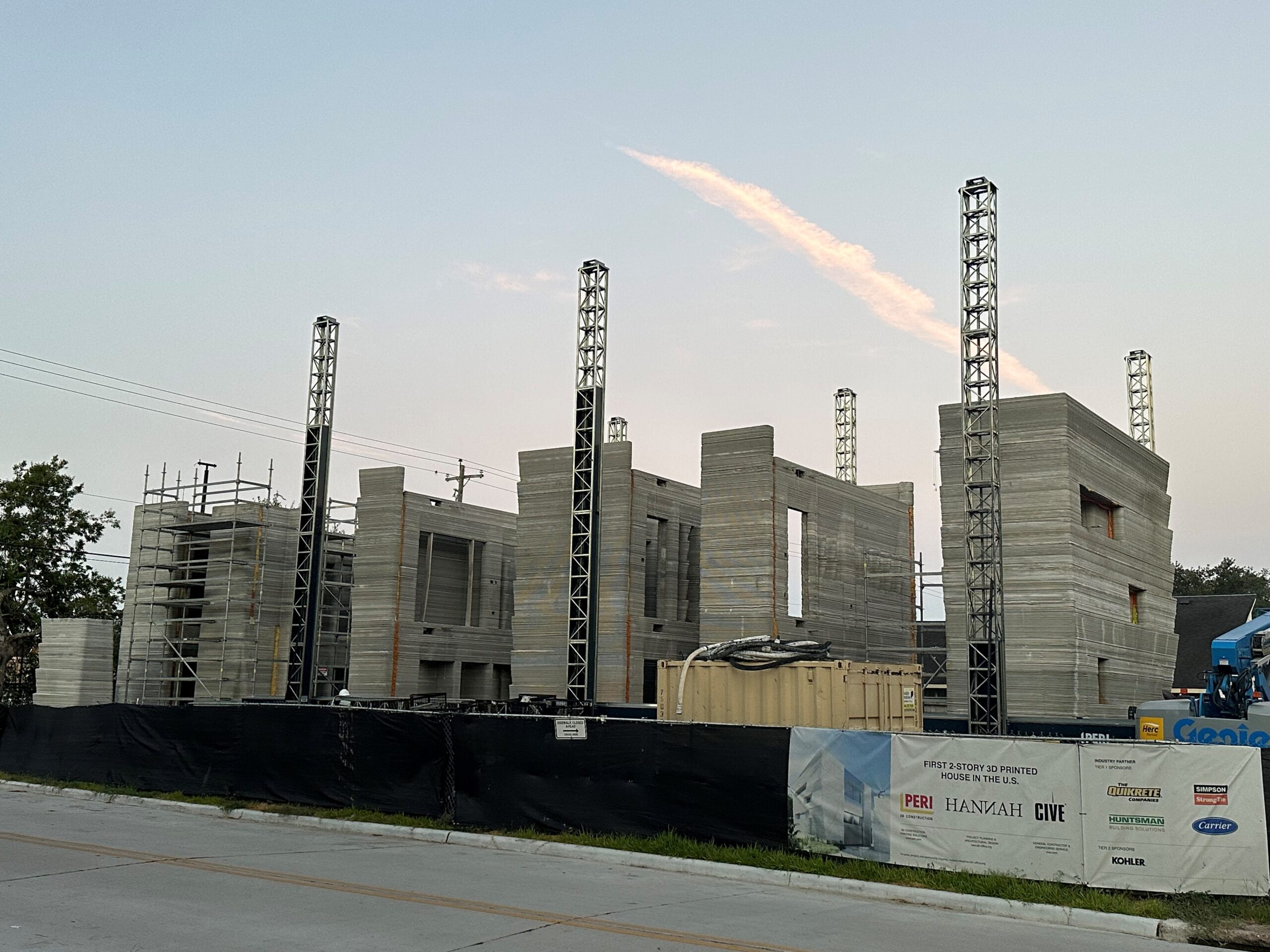Types of Construction Loans
Although commercial construction loan options can be divided into dozens of different types, there are four basic types of construction loans, commercial construction loans, construction mortgage loans, construction-only loans and construction-to-permanent loans. Commercial construction loans are utilized by businesses (the commercial sector) and real estate investors to finance the construction of commercial properties. They are typically short-term loans and are repaid after completion of the project.
 Construction mortgage loans are taken out by homebuyers or homebuilders. Where commercial construction loans are used to construct commercial buildings, construction mortgage loans are used to finance the construction of residential and personal buildings. Like most construction loans, these loans are paid out in intervals or installments, and may require interest payments during the construction period.
Construction mortgage loans are taken out by homebuyers or homebuilders. Where commercial construction loans are used to construct commercial buildings, construction mortgage loans are used to finance the construction of residential and personal buildings. Like most construction loans, these loans are paid out in intervals or installments, and may require interest payments during the construction period.
Construction-to-permanent loans, also called single-close loans, like all other construction loans, are intended to cover the cost of building a home or structure. However, construction-to-permanent loans convert to mortgages after the project is completed. These loans are less flexible than other construction loan types and come with greater risk but can come with rate security and can be a lot simpler than trying to secure and pay off a standard construction loan.
Lastly, a construction-only loan can only be used to cover the actual cost of construction through the construction period. These loans are usually taken by homeowners who have decided to have a custom home built for them. They have variable interest rates, and limited durations. This type of loan must be repaid when the house is completed therefore it is important that the borrower has a plan to obtain a more permanent form of financing, such as a traditional mortgage, at the end of the construction period.
Securing a Construction Loan
Securing a commercial construction loan can be a complex and arduous process. There are six general steps to secure a construction loan.
- Determine your financing needs – Before applying for a construction loan one must consider their finances. This includes having a solid credit score, low debt-to-income ratio, and sufficient income to handle loan payments. After determining one’s financial status, one should calculate the loan amount. This is typically based on the estimated construction cost.
- Find a lender – Finding a trusted, reliable lender may be difficult. Not all lenders offer construction loans, and those that do may have different terms and requirements.
- Gather your financial documents – Lenders require many financial documents, and like the DMV you should have these documents readily available when negotiating, applying, and submitting paperwork.
- Submit your loan application – After finding a lender, one must complete the loan application. This typically involves submitting financial documents like tax returns, pay stubs, and bank statements, as well as your construction plans. The lender will review the application, check the applicant’s credit, and possibly require an appraisal of the property and plans.
- Get approved for the loan – If the loan application is approved, the lender will provide the loan terms. This includes information such as the repayment schedule, interest rates, and other associated fees.
- Close the loan – Finally, once the applicant has reviewed and agreed to the terms of the loan, the last step is to close the loan. This typically involves signing a lot of paperwork and paying any required closing costs.

Conclusion
Construction loans are usually short-term loans used to cover the cost of building a home or commercial building. Upon application and approval for a construction loan, the lender will make payments to the applicant through installments, like one makes payments on a credit card. These types of loans are riskier than mortgages and therefore may require higher interest rates and may be harder to get approved for.






